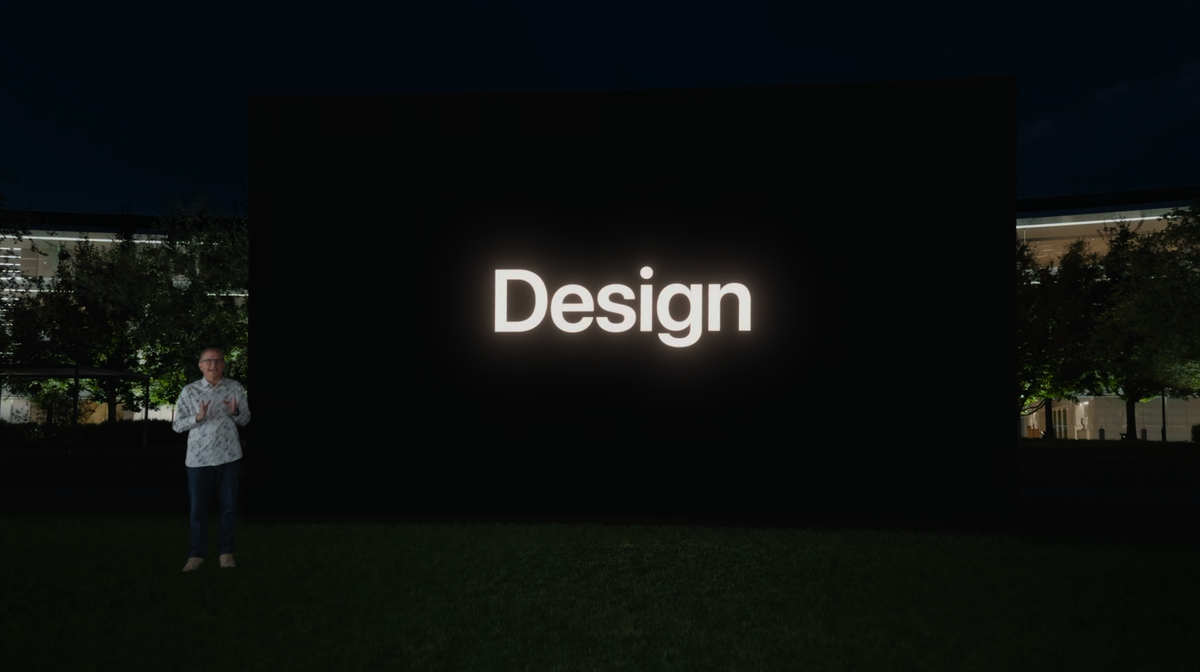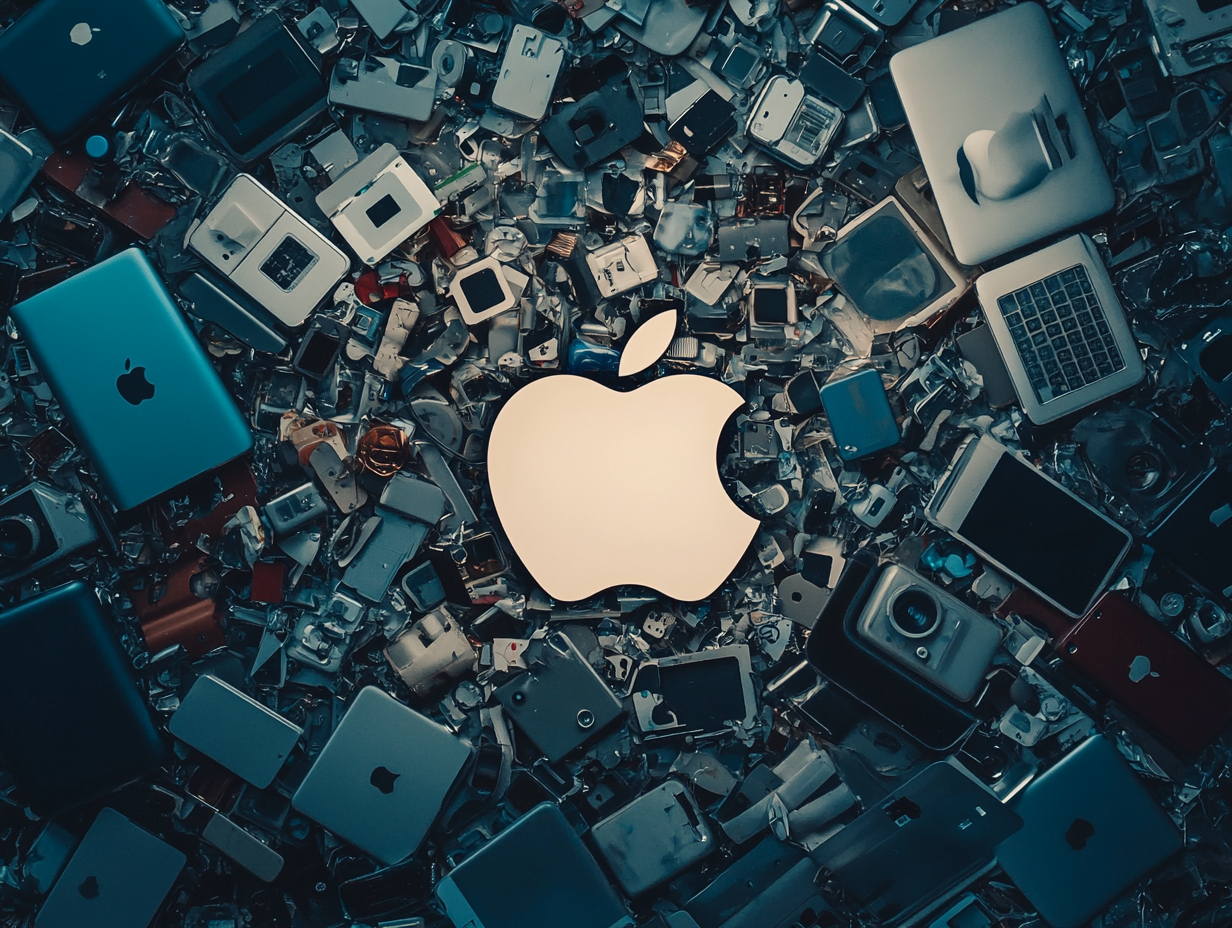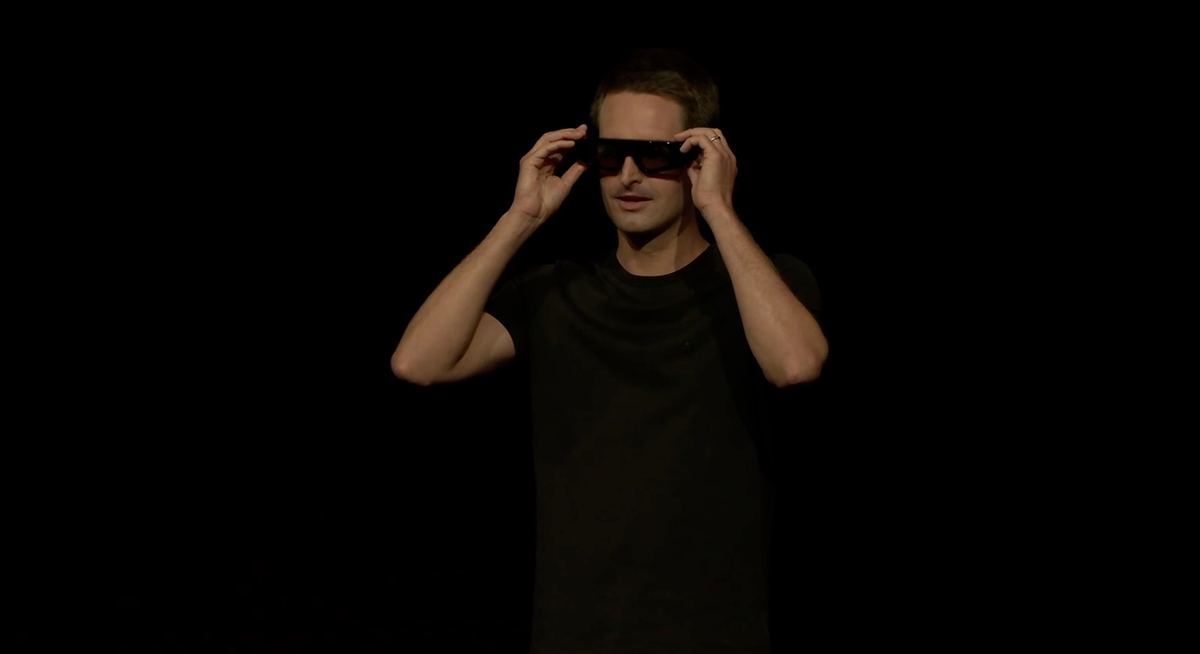Over-Optimized Apple

This is, of course, a good post from John Gruber, as it basically outlines his thought-process over the week following the latest iPhone event. I disagree with some of his points – notably, that the event was any good – but reading it, you get where he's coming from.
When I originally took issue with the event itself – which is to say, the video presentation of what Apple was presenting "on stage" – it wasn't about the products themselves. It was simply that the event itself was boring. It completely lacked any sort of pomp and circumstance. Sure, part of this is because the state of Apple leaks (by which I largely mean, Mark Gurman reports, of course) is such that we know almost everything coming at such events not just ahead of time, but often weeks or months ahead of time. But even if we didn't know such details, I think the event still would have been less than great because it was just far too long. You got the sense that Apple was reiterating – which is a kind way of saying repeating – all of the talking points about Apple Intelligence for Wall Street as much as anyone else. Apple would deny this, of course. But in my mind, there is no denying that Apple is pushing their AI products far earlier than they would like or probably should be in order to "play the game on the field" as it were.
If Apple didn't have new iPhones to show off with AI capabilities, Wall Street would make them suffer for it. Again, Apple will say they don't care about such things – see also: Gruber's excerpt about "the bloody ROI" from Tim Cook – but they simply have to. They're the largest company in the world when it comes to market cap. And as a part of that, they're one of the – if not the – most important company in the world from a mutual fund, pension fund, etc perspective. That is to say: Apple's stock matters not only to Apple, it matters to a lot of people. Real people. Not just nameless financial jackals.
And so when Wall Street wants to see an iPhone with AI, Wall Street gets to see an iPhone with AI. Even though end users won't get to use an iPhone with AI until next month at the earliest – well after the actual launch of the iPhones 16. And most of the more interesting Apple Intelligence features won't come until far later than that. Some not until well into next year.
Anyway, that's all a long-winded explanation for why I thought Apple's event – by which I mean video – should have been half as long as it was. And as my not-so-subtle digs should make clear, I also believe it's time for Apple to re-think such events in general. As Gruber notes in his post, he's heard from sources that such events are more popular than ever – besting viewership of even Steve Jobs' keynotes. That's not surprising given the current state of Apple and the iPhone – again, Apple is the most valuable company in the world because the iPhone is now the biggest and most profitable device in the world. The base has expanded. It's all working. Why change?
Because everything is working and going great until it's suddenly not. Just ask Blackberry. Or Intel. Or any number of companies. To be clear, I'm not suggesting Apple is on the verge of collapse, I'm just saying they're still too wedded to the past. And this was the point of my follow-up post on the matter.
It's as if Steve Jobs set Apple on a path and Tim Cook has walked that path to perfection. Hell, he not only paved the path, he made it a 10-land freeway. There are almost no bumps in the road, and if one ever appears, it's fixed in an instant. Apple is a well-oiled machine. But is it possibly over-oiled, all these years later?
I get it, you don't want to fix what isn't broken. Gruber has a good example of Jobs trying to do this with the "Fat Nano" – the strange update to the iPod nano lineup that was quickly rolled back. But such risks also yield great rewards from time to time. They also just make for a more lively company with lively events. It was a more "quirky" company, as Gruber notes:
But the biggest difference is that Apple, under Jobs, was quirky, and I think would have remained noticeably more quirky than it has been under Cook. You’d be wrong, I say, to argue that Cook has drained the fun out of Apple. But I do think he’s eliminated quirkiness. Cook’s Apple takes too few risks. Jobs’s Apple took too many risks.
And while the pre-recorded events started out of necessity during the pandemic, they are in many ways the perfect encapsulation of the two different styles. Jobs' most iconic moments were during his keynotes – so much so that the entire Steve Jobs film was built by Aaron Sorkin entirely around three different Jobs keynotes. Cook has now packaged those keynotes into a product that is shipped, on time, without a single hitch, every event, every year.
They need to go back to live events. This latest event just made that beyond clear. They're too slick now. Apple tries to inject life into them with some cute stuff, but it feels forced. Even dad jokes work a lot better in person – nice and awkward, on stage, in front of an audience. As Gruber notes in a footnote in his post, Jobs would have moved Apple back to live events. Of course he would have! But again, Cook has figured out a way to streamline and perfect such delivery mechanisms. The events aren't meant to be entertaining – at least that's not a key focus – they're meant to deliver Apple's most profitable product in a way that maximizes sales.
Obviously, not all of this is entirely fair. Some of the work Cook and Apple are doing – such as with the various health initiatives – are beyond awesome and inspiring. They are literally saving lives. That matters, of course. I'm simply critiquing the company's lack of pizazz in doing all that it does. And I think a lot of it is a fear of veering from that path Jobs put them on.
The one other major point I would push back on in Gruber's piece is related to that. He doesn't mention the Vision Pro, but it is an example of Apple being a bit "reckless". My stance there is that they shipped it well before it was actually ready to be a consumer product. The push-back on that would be – and has been – that they needed to get it out there into the world to get developers excited about it. But they also have failed in that regard, at least so far. And so there too, to me, in a weird way it feels like Apple is just trying to do what they think Steve Jobs would have done with such a product. Exacerbated by the desire to ship a new product line, post-Jobs. "We have this great technology, it's a cool demo, Steve would have been blown away, let's put it out there!" That type of thing. But I contend that an editor, as Jobs was, would have instead said "no way, not ready yet."
Perhaps they would have figured out another way to package up some of that incredible technology in the device into some other, different devices more ready for prime-time in 2024. Just as the original multi-touch iPad work yielded the iPhone. Perhaps, say, smaller, less expensive, AR glasses meant to leverage some of the technology, but doing so in a way that's framed as more of a "hobby" – Apple TV-style, back in the day. Framing matters. The narrative matters.
Back to the iPhone, Gruber writes:
Eventually, some company will introduce such a product again. It might be Apple. If it happens any time soon or soon-ish, it probably will be Apple. Apple, as a company, has a long-term strategy that it hopes will make it as likely as possible that it will be Apple. But there’s been no such product since the iPhone and, in my opinion, there is no technology extant today that would enable such a product. I feel confident that if Steve Jobs were alive and still leading Apple product development, there would have been no iPhone-like mind-blown-the-moment-you-first-saw-it new product in the intervening years.
That's undoubtedly true, but at the same time, I believe Jobs would have figured out better ways to present and explain and market the devices Apple is putting out there. And that framing would have yielded more excitement around this year's devices, rather than just a string of endless numbers.
Apple is over-optimized and yes, needs an editor.



Update September 19, 2024: I think Snap's latest keynote was interesting in contrast to Apple's...



